About SoC Labs
SoC Labs is a global community of academic researchers interested in innovating in System On Chip development and deployment using Arm based computing architectures. The genesis of SoC Labs comes from the 2019 announcement by Arm of ARM Flexible Access licensing model and the desire of key academic research groups from around the world to make it easier for researchers to use Arm based devices for research.
While SoC Labs is closely associated with the Arm Academic Access it is independent of Arm Limited or its affiliates. SoC Labs is a global community of academic researchers. Like the World Wide Web Consortium (W3C) it is an international community that does not have a typical organizational structure it is not incorporated but is administered via joint agreement among host institutions.
SoC Labs is not a technical standard setting organisation, it is not attempting to define shared open standards, it is about trying to help each other and develop a shared community of electronic design practice for academics looking to build on Arm based devices for research. It's about bringing together groups of academics, informally bound together by either shared expertise or desire for joint endeavour in creating new and innovative technologies, design methods and skills that leverage the Arm ecosystem.

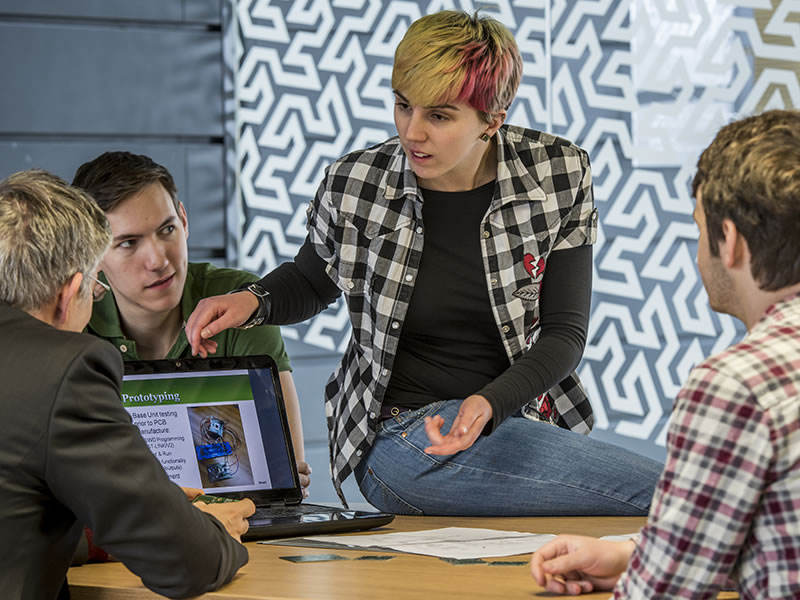
SoC Labs aims to bolster that key relationship between students and researchers and leading academics in their own organisations and link them by more than just paper reading to other groups around the world. Unlike a technical standard setting entity the shared community of practice may not have a single, time driven technical agenda to complete. What it is looking to do is find innovative ways to increase the sharing of experience, knowledge and design re-use to allow the academic community to come together to delivery improved research"
The need for innovation is more pressing than ever, the challenge of sustainability of our planet, of developing circular economy solutions for future electronic devices, the limits on technology scaling, and more, are causing the community to look again at every aspect of the electronic architectures, design and production processes. This is beyond any single organisation and only by finding new ways to harness the shared community of practice across academia will we maximise our efforts.
The nature of communities of practice is that they are fluid, organic and less formal than a technical standard setting entity. There is not one shared technical agenda, SoC Labs projects may range from a single researcher seeking help form the broader community to a collaboration of the willing who come together to create a new custom accelerator to sit within the Arm architecture. As hosts for SoC Labs we are not looking to be prescriptive but to supportive of finding new ways to empower the academic community to achieve their many varied research goals. We look forward to working with you.
The Arm-ECS Research Centre (https://www.arm.ecs.soton.ac.uk/) at the University of Southampton is a lead member of SoC Labs and is the initial host for the world wide academic community. David Flynn and John Darlington are the lead participants for the Southampton contribution to SoC Labs and will support the long term hosting of the global academic community.
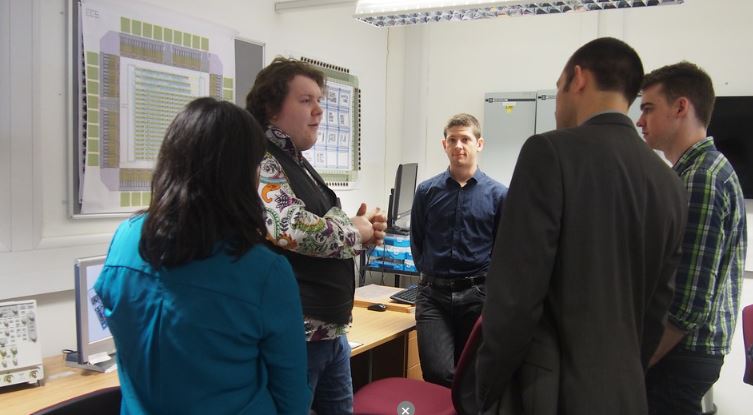
History
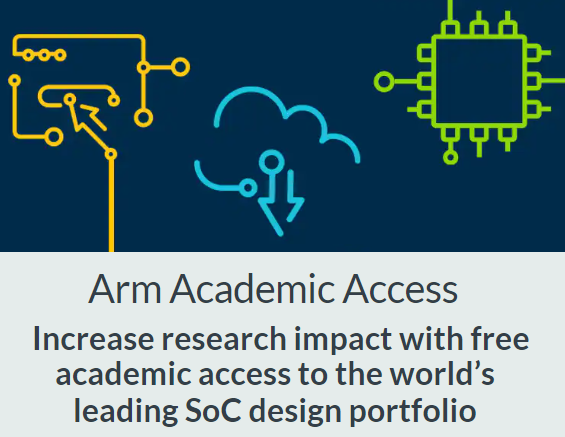
During the summer of 2019 Arm along with a number of key academic research groups from around the world came together to review how the Arm® Flexible Access (https://www.arm.com/products/flexible-access) announcement on 16 July 2019 could help support a new engagement model to better support Arm’s long-standing commitment to research and academia.
The ARM Flexible Access provides access to a wide range of Arm IP, tools, and training to support initial experimentation and SoC design without up front licence cost.
On September 16, 2019, to coincide with the fourth annual Arm Research Summit in Austin, Texas, Eric Hennenhoefer, Vice President Research, Arm, announced that an Arm Flexible Access for Research was expected to be available in early 2020. The aim of Arm Flexible Access for Research was to provide a much simpler way to enable individual researchers to engage with Arm IP. The prospect of developing a vibrant, open-access design community of academic researchers, “SoC Labs” was also announced. The aim of SoC Labs is to allow for sharing of research goals, designs, potential collaborations, to increase the visibility of projects and enable peer to peer support among research teams from around the world.
Like the peer, Arm Flexible Access for Startups announced on April 29, 2020, SoC Labs aims to have a support ecosystem for academic researchers to quickly and easily access Arm IP, EDA tools and prototype silicon and boards to reduce the burden in innovating in SoC deployment in a research setting.
The world has seen a significant impact from the global pandemic of COVID and the Arm Flexible Access for Research and the associated SoC Labs has been no exception. Now in 2021, the Arm Academic Access (renamed from Arm Flexible Access for Research) is gaining momentum and SoC Labs has been launched.
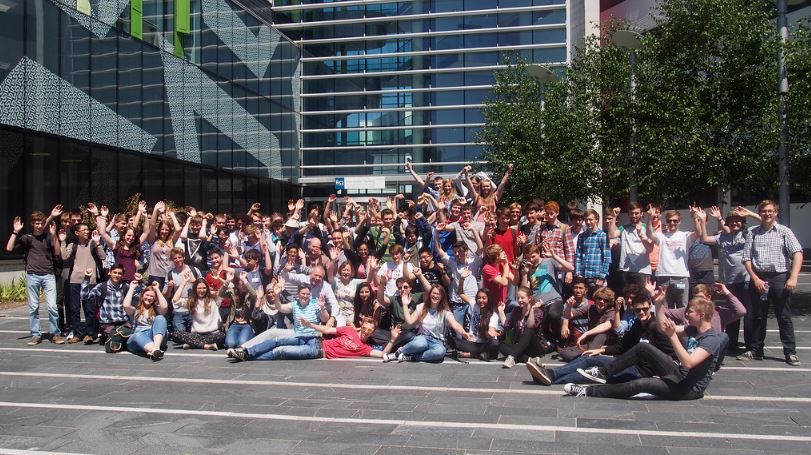
About the host
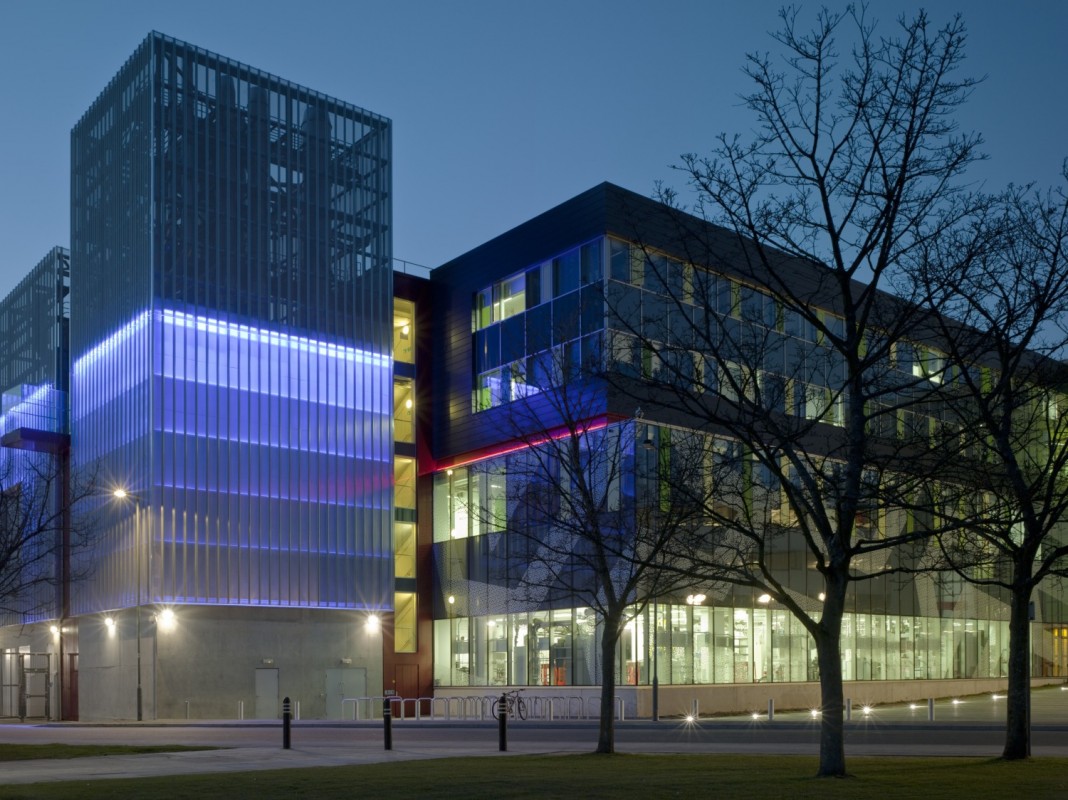
Electronics and Computer Science at the University of Southampton is a leading academic research department. It is one of the first dedicated departments for electronics in the world dating back to 1947 when Professor Eric Zepler founded the Department of Electronics. It developed the first undergraduate course in Electronics in UK and in 1961 formed a dedicated Microelectronics Research Group studying the new field of solid-state electronic transistor circuits. In the 1960s the department had the first professional standard clean room in any university in the UK. Today it is home to one of the premium multidisciplinary cleanrooms in Europe. It is home to the W3C UK & Ireland Office and the Web Science Trust, an international network of world-class research laboratories promoting the understanding of the Web, through education and research.
© 2021 SoC Labs (University of Southampton)